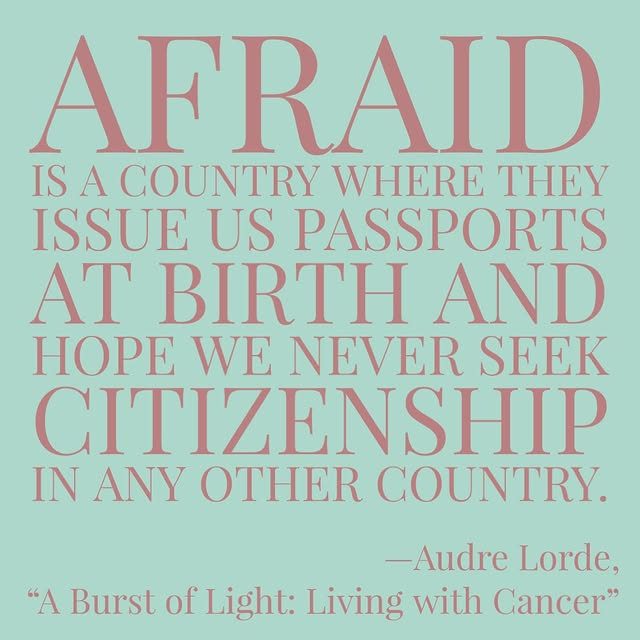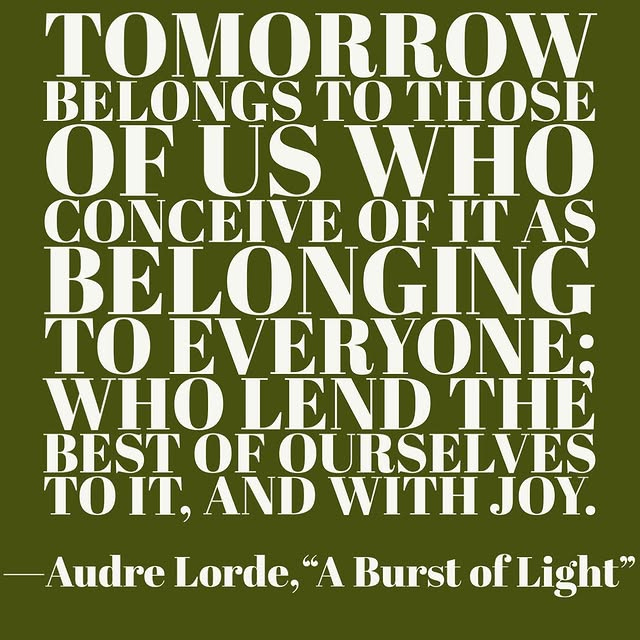Mary T. Harris “Mother” Jones famously said, “Sit down and read. Educate yourself for the coming conflicts.” I tell my students that I love the great outdoors, and the great indoors. To be in front of them means I must have been something of a bookish sort. Solvitur ambulando, goes the Latin phrase, “the solution comes through walking.” But it also comes through reading. So many have been counseling “self care” as a response to electoral disaster. But what is the radical origin of that phrase?
“Sit down and read. Educate yourself for the coming conflicts.”
“Self care” is not about bubble baths, essential oils, or mani–pedis, though I’d like to propose that it could include a really good yoga class. It has an intersectional origin.
I did go back to A Burst of Light (1988), finding in it also essays on lesbian BDSM, lesbian parenthood, and one on South African apartheid that rings so true in the context of a Palestinian genocide.
But in the eponymous essay, “A Burst of Light,” a collection of journal entries from 1985 through 1987, we find expressions of intersectionality before their formalization in Kimberly Crenshaw’s work in the early days of Critical Race Theory. We find, as well, intuited expressions of the sociological imagination.
More simply, Lorde observes that the US budget for cancer research was cut by the same amount spent on arming the Contras against the Sandinista government in Nicaragua.
I have to try to resurrect some of my library research from grad school to make this analysis more formal, but somewhere, similarly to the colonization of the concept of self care, “mutual aid,” enacted by anarchists and labor unions, was depoliticized to “self help.” One way out of the trap of US hyperindividualism, a factor that got us into this mess and the isolation of which will be a signature accomplishment of fascism, is the perspective of those, like Audre Lorde, multiply “othered.”
Indeed this is called out in a post “How to Survive the Broligarchy,” which originally appeared in the Guardian.
Lesson 10 is especially important. We need to be learning from those who have been here before. It’s why I messaged Vera Krichevskaya, the co-founder of TV Rain, Russia’s last independent TV station, for her advice. Those who have lived under authoritarianism are essential voices right now. But, with technology, we also need to listen to those who have experienced its negative impacts first: women of colour.
With her life at stake from cancer, Lorde articulated an impressive and thoughtful bravery.
But also hope.
This, then, is what I learned by this foray into a signature piece by Audre Lorde. Lend the best of ourselves to the effort, and with joy.









